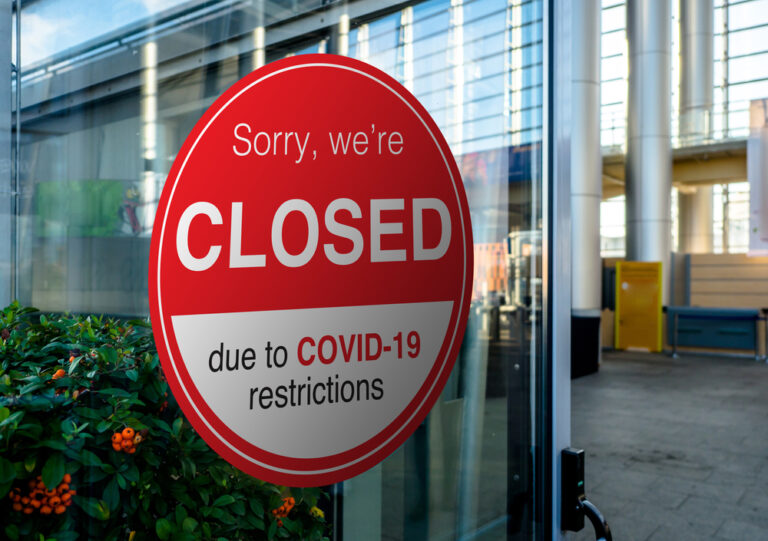The wide-ranging impact of the COVID-19 outbreak is certainly yet to be completely understood – however, it is clear that it will continue to have far reaching implications in many sectors. Legally, one of the ways we may be able to protect ourselves from these implications is through the operation of ‘Force Majeure Clauses’. What are Force Majeure Clauses? ‘Force Majeure Clauses’ are clauses that anticipate an intervening event which would prohibit a party from executing their contractual duty. Consequently, this may allow parties to limit or escape their liability to perform a contractual obligation. For a party to rely on a Force Majeure clause, it must be expressly stated in the contract. The effect of this is that their application is contingent on how they are represented and set out in the contract’s terms. Nevertheless, case law suggests that the courts will only apply these clauses if the following elements are satisfied:
- The event cannot have been reasonably foreseen by the parties
- The event was beyond the parties, control and rendered performance impossible.
Force Majeure and COVID-19 It is becoming evident that the COVID-19 pandemic will impact many businesses and their commercial contracts. Whether or not a Force Majeure clause will offer relief will depend on how the clause is worded and interpreted by the courts. Traditionally, the courts have tended to be strict in their interpretation of Force Majeure clauses. Previous cases suggest that in order for COVID-19 disruptions to be captured by a Force Majeure clause:
- The language of the clause must extend to include a situation such as a pandemic. If you are looking at a clause that lists different examples of Force Majeure events, look out for any mention of a ‘pandemic’, ‘public health crisis’, or other similar events;
- The party seeking the benefit of the clause must show that the situation was completely beyond their control;
- The situation must be one that could not have been reasonably foreseen by either party involved; and
- The impact must be either legal or physical (such as the compulsory closure of a business) rather than simply an economic pressure stemming from COVID-19.
Doctrine of Frustration? Where individuals are unable to rely on a Force Majeure clause, the Doctrine of Frustration may offer some alternate relief. The Doctrine of Frustration is a common law principle applied and inferred into contracts by the courts. It provides that in circumstances where there has been a radical change in the circumstances surrounding a contract, the contract may be deemed to be “frustrated” in that it is no longer possible for either, or both, of the parties to perform their contractual obligations. The courts’ application of this doctrine is generally stricter than that of a Force Majeure Clause, with an even higher standard of proof. For a contract to be ‘frustrated’, it must be established that the changes in circumstances were beyond the control or foreseeability of the parties. This has historically proven to be a significant hurdle to parties seeking to rely on the frustration, such as in the case of Davis Contractors Ltd v Fareham Urban District Council. The Davis Contractors case… In this case Davis Contractors contracted to build several houses for Fareham Council. The contract was severely delayed due to both labour and material shortages, resulting in Davis Contractors incurring significant additional costs. Davis Contractors argued that the contract had been frustrated by these shortages, as they were not able to carry out their original contractual obligations. However, the court held that although the contract had become more difficult to perform, this did not mean that it had been frustrated. The Wrap-Up In the face of the disruptions presented by the COVID-19 pandemic, individuals and businesses that have contracted with other parties should be examining the terms of their agreements closely. Determining whether you will be able to rely upon Force Majeure clauses will enable you to effectively plan for what may come. If the Force Majeure clauses in your agreement will not offer protection from COVID-19, you may instead wish to investigate the Doctrine of Frustration. However, we note that the higher evidentiary burden of frustration makes this the less preferable option. Please contact our business law team if you require any assistance in reviewing your agreements in preparation for the effects of COVID-19. Important Disclaimer: The content of this publication is general in nature and for reference purposes only. It is current at the date of publication. It does not constitute legal advice and should not be relied upon as such. Legal advice about your specific circumstances should always be obtained before taking any action based on this publication.





